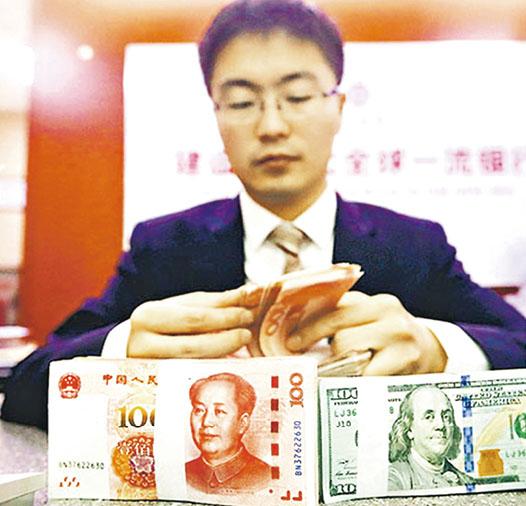Road to 5**:PBC's trial issuance of digital currency
【明報專訊】News summary
As reported in Mainland China in April 2020, the People's Bank of China (PBC) has drawn up preliminary plans to designate Suzhou, Xiong'an New Area, Chengdu and Shenzhen as the first cluster of the PBC's ''Digital Currency Electronic Payment(DCEP)'' pilot cities. Functions being tested internally include digital currency exchanges, balance enquiry, scan and pay and remittance.
■Source A
DCEP is different from cryptocurrency(加密貨幣) and electronic wallets. Unlike Bitcoin, a cryptocurrency, it does not support anonymous use. According to Adam Stuckert, KPMG's head of blockchain, the digital currency issued by the PBC is a legal currency issued in electronic form. As its payment functions have been approved by the government and have legal foundations, it can replace banknotes and coins in circulation. He also said that as the electronic currency will be centrally monitored by the PBC, it will be subject to the same level of control, examination and monitoring.
Source: Ming Pao, 2020.05.20
■Mock examination questions
''To strengthen the government's governance (A), China should replace physical currency with digital currency (B).'' To what extent do you agree with this statement?
↑ (A) It is necessary to understand the different dimensions of government governance, such as efficiency, implementation of governmental policies, etc.
↑(B) This is a critical analysis question. It is necessary to demonstrate clearly whether ''replacing physical currency with digital currency'' can strengthen government governance.
◆Agree to a large extent:
.Strengthening control over the financial system
If China replaces physical currency with digital currency, the government will be able to track all transactions and the capital flows of citizens and businesses. This will not only help combat tax evasion and money laundering, but also eliminate the problem of counterfeit banknotes, strengthen the PBC's control over the domestic financial system, and increase the efficiency of the government in formulating and implementing financial policies.
.Maintaining monetary sovereignty
International research on virtual or digital currency has been conducted intensively. China should replace physical currency with government-approved digital currency as soon as possible in order to maintain the status of legal currency, which would be beneficial to governmental control.
◆Agree to a limited extent:
.Controversy over privacy
If China replaces physical currency with DCEP, the government will be able to track all transactions and monetary interactions between people. The public may suspect the government of infringing their privacy regarding their economic activities. They are also worried about how the government might utilize relevant personal data, which may destroy the trust between government and people.
.Competition with non-governmental payment systems
Mobile payment tools such as WeChat Pay and AliPay are very popular on the mainland. If the PBC issues digital currency, RMB will be digitized, allowing the payment function to gain governmental approval and legal foundations. This might threaten these private companies.
Translated by Terence Yip
[通通識 第658期]









